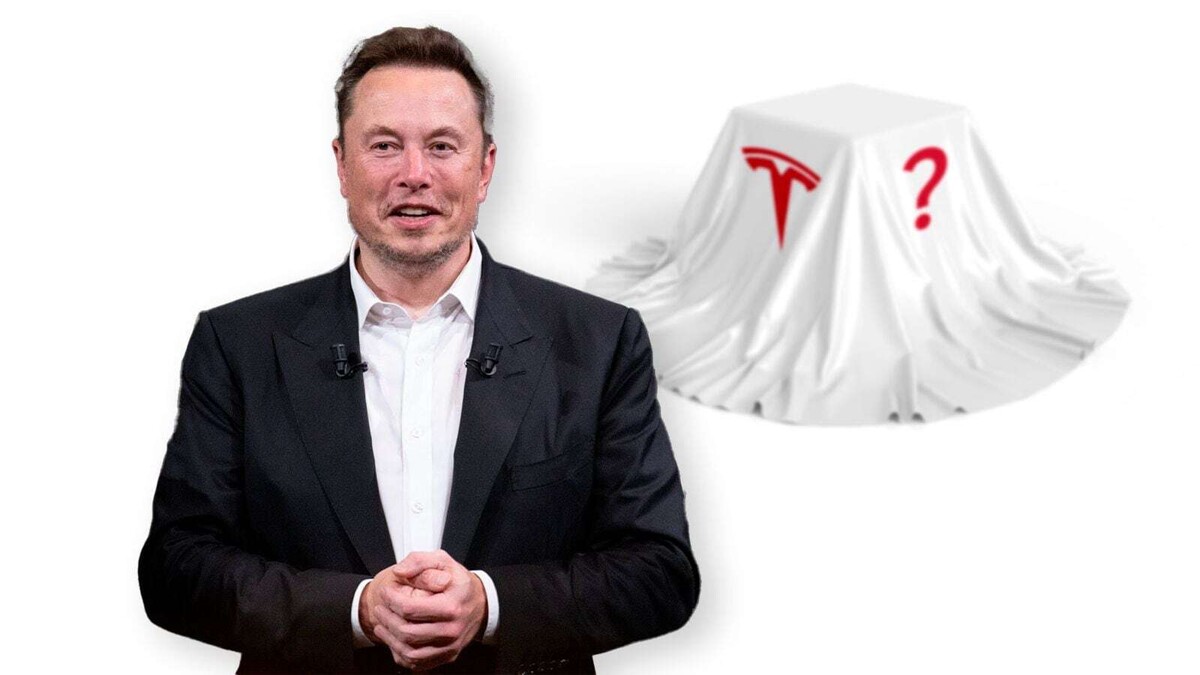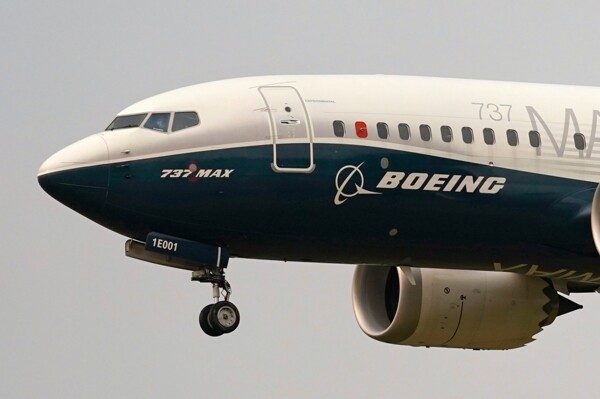
In the midst of the discussion about tariffs and the future of Tesla, Adam Jonas, Global Research Director for automobiles and shared mobility at Morgan Stanley, has projected a transformation of the company towards robotics. Tesla is expected to venture into autonomous vehicles and develop a robot called Optimus, with million-dollar earnings anticipated from this transition.
Tesla's CEO, Elon Musk, recently announced plans to launch an autonomous driving service in Austin, Texas, and has promoted the vision of a future where robots perform multiple functions, which would drive the company's demand.
Despite challenges in sales and a decline in Tesla's stock value, analysts at Morgan Stanley have hinted at the possibility of a significant rebound in the company's value. The integration of robotics in large-scale companies seems to mark a new trend in economic valuation.
The implication of this trend in Mexico lies in the potential to integrate into the robotics supply chain, leveraging the existing production capacity in the country. In a context where Chinese companies like Unitree Robotics present advancements in robotics at competitive prices, international collaboration in technology creation becomes increasingly relevant.
Meanwhile, announcements regarding artificial intelligence and developments in robotics are emerging in different parts of the world, including the presentation of autonomous agents and quantum computing systems. Technological evolution promises to revolutionize various sectors, opening new business and collaboration opportunities globally. Innovation in robotics and AI is seen as a crucial factor in economic development and international competitiveness.














